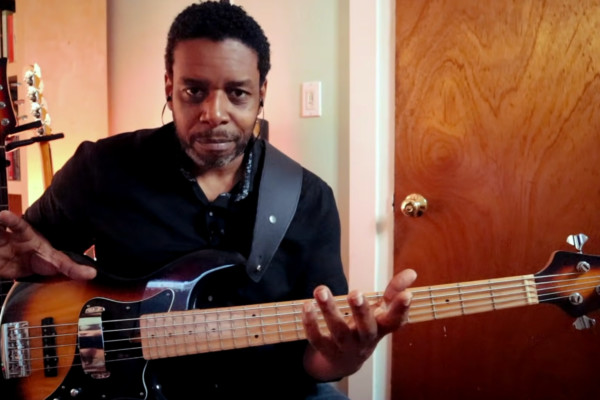When You Can’t Get To It All In Practice Sessions
One of our No Treble readers has this to say:
I understand how to structure my practice, but I’m still having trouble figuring out how to set up practice sessions because I have so much stuff to work on. I’m a bit frustrated. Do you have any suggestions?
The first thing I’d suggest is to check out this column on structuring your practice.
However, it sounds like you have already read this, and are just in a bit of overload.
When we are working towards upcoming performances while simultaneously trying to improve our technique, learn new mucsic, etc. it can sometimes become overwhelming. When that happens, it can feel like we are spinning our wheels and not making any real progress. Based on what you say in your messages, I would suggest asking yourself the following questions:
Can I utilize my time more wisely?
Am I spending too long warming up? Am I spending an hour on technical work and only 20 minutes on material for upcoming performances? Am I really practicing that entire time, or am allowing myself to get distracted? These are the types of questions we should all ask ourselves when we feel like we are not moving forward.
If there are no pressing engagements (auditions, concerts, etc.) on the horizon, break your practice time down something like this:
- Warmup: no more than 10 or 15 minutes
- Technique/Scales/Etudes: no less than 33% of your total practice time (not including warmup)
- Review material: no more than 33% of your total practice time (not including warmup)
- New material: no less than 33% of your total practice time (not including warmup)
Have I prioritized things properly?
When there are pressing matters (an audition, for example) we may need to adjust our general practice outline a bit.
For example, scales are essential for the long term, but if you have four different concerts in the next two weeks with different groups, scales might not be number one on your priority list at the moment. They might need to take a vacation while you focus on learning four gigs worth of rep. In this example, I would likely warmup for 10-15 minutes, skip technique/scales/etudes and skip review material. I would continue on this pattern until either I am prepared for the upcoming concerts, or they come and go. In either case, I would eventually return to the general breakdown mentioned above.
Every situation is different, of course, and you will need to use your own powers of discernment to temporary adjust your practice life.
Am I devoted a realistic amount of time?
Although consistency is the most important quality for productive practice (even a single hour of practice daily can produce noticeable results) practicing a lot of material takes a lot of time.
Assuming you don’t have any pressing engagements, I would go with the 33% breakdown mentioned above, but I would make sure I am not doing too much within each section. For example, if I have an hour set aside to work on etudes, I’m likely to work on just one, or maybe two, rather than barely touch 6 or 7.
You need to make sure you have time to really dig in to each scale, etude and composition you put in your practice session. If you are practicing for 2 hours and all you have time to do is play through your material once then your time to material ratio is out of balance. You may need to add more time to your practice sessions. If this is not possible, consider the next question:
Am I trying to work on too many things at once?
If you are devoting the maximum amount of time you can to practice and you are barely spending any time on the material you are practicing, you need to do less.
With the exception of “review” material (i.e. stuff you already know) you should be able to devote some serious time to each item every day. If you can’t, then you are doing too much for the amount of time you have available. If you can’t increase your practice time, you will need to practice fewer things to see any progress. Ultimately, practicing fewer things with greater attention to detail will result in the most benefit anyway.
In the end, it’s all about self-evaluation, balance and realistic expectations. The answers to the questions above, especially the last two, should lead you to some decisions which will help you balance the amount of material you cover in a session with the amount of time you have available.
When we are feeling overwhelmed by the amount of material we are practicing, we sometimes need to restructure our practice sessions… temporarily. However, it is usually a sign that to need to up our practice time, or simply our musical life.
Dr. Donovan Stokes is on the faculty of Shenandoah University-Conservatory. Visit him online at www.donovanstokes.com and check out the Bass Coalition at www.basscoalition.com.



